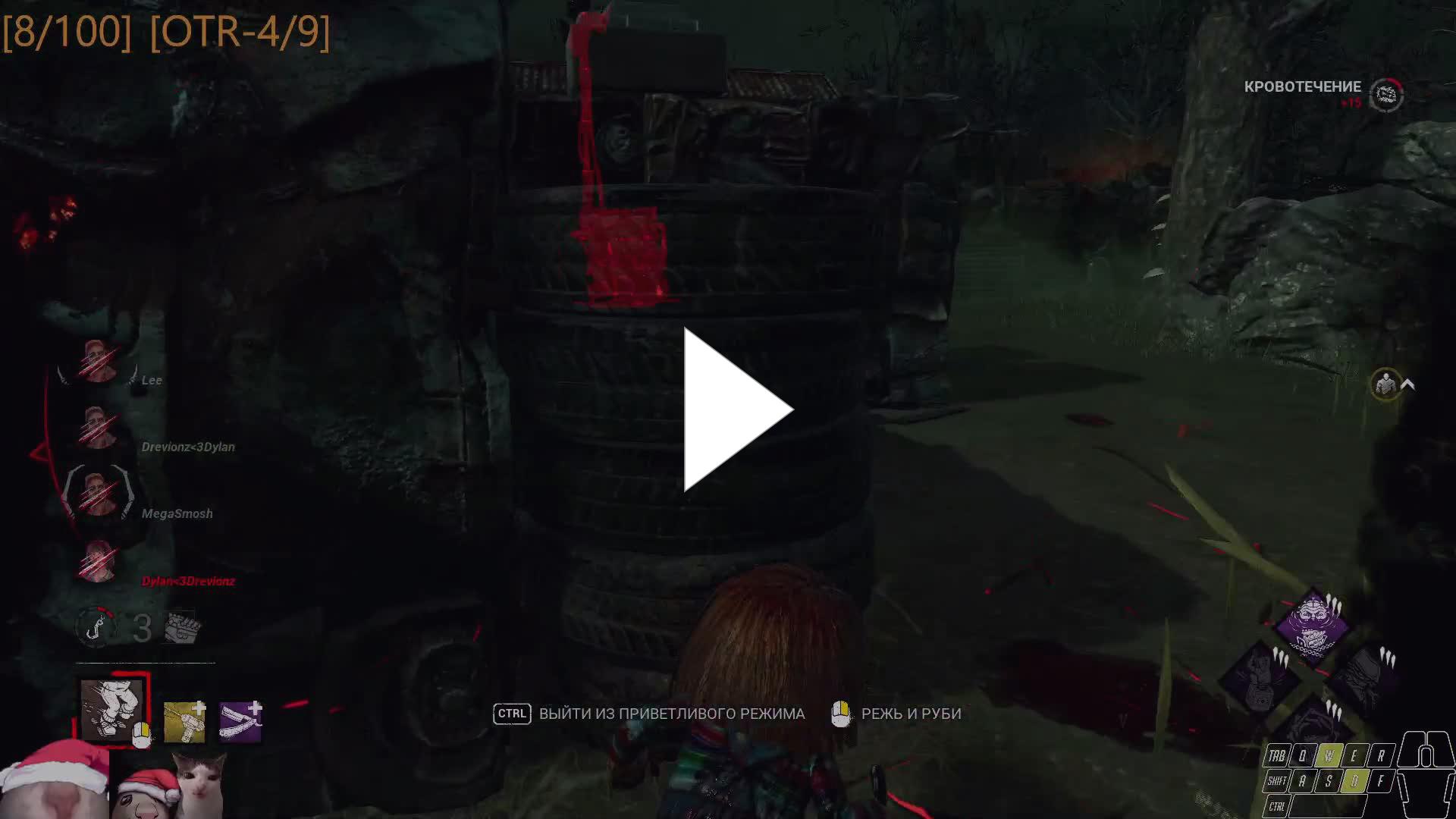In the dynamic world of live streaming, where creators connect with millions, the swift hand of platform moderation often casts a long, albeit sometimes opaque, shadow. This week, Igor “iLTW” Filatov, a prominent Dota 2 streamer and former professional player, found himself once again on the receiving end of Twitch`s infamous banhammer – his second suspension within a mere seven days. For his legions of followers, it`s a familiar, frustrating refrain: “This channel is temporarily unavailable due to a violation of Twitch`s Community Guidelines or Terms of Service.”
The Repeat Offender… Or Repeatedly Unlucky?
iLTW`s recent streak of brief, yet disruptive, Twitch vacations has left both him and his community scratching their heads. The platform, known for its rather terse ban notifications, offers little in the way of specific details. The generic message about “violations” leaves ample room for speculation, much like a cryptic clue in a high-stakes video game. Was it an accidental slip of the tongue? A contentious in-game moment misconstrued? Or perhaps, as many speculate, the unfortunate outcome of a concentrated wave of reports from disgruntled viewers or even rival communities?
The previous ban, which lifted after a few short hours, hints at the possibility of automated system triggers or rapid review overturns. However, a second ban so soon suggests either a recurring issue, a particularly diligent (or overzealous) moderation team, or a deeply misunderstood situation. One might almost admire the platform`s commitment to consistency, even if that consistency is consistently vague.
Navigating the Moderation Labyrinth
For streamers like iLTW, Twitch`s moderation system can feel less like a clear set of rules and more like an ever-shifting labyrinth. Community Guidelines, while ostensibly designed to foster a safe and inclusive environment, are vast and subject to interpretation. What one moderator perceives as harmless banter, another might flag as a breach. This ambiguity, coupled with the sheer volume of content streamed daily, makes perfect enforcement an almost mythical pursuit.
The power of the `report` button, wielded by millions of users, also plays a critical role. While essential for identifying genuine threats and misconduct, it can also be weaponized. Coordinated “report bombing” campaigns, designed to silence or inconvenience streamers, are an unfortunate reality that platforms like Twitch constantly battle. Differentiating between legitimate concerns and malicious attacks is a monumental task, often leading to collateral damage in the form of seemingly arbitrary bans.
The Cost of Silence
Beyond the immediate frustration, a Twitch ban carries tangible consequences. For full-time streamers, even a temporary suspension means a sudden halt to income from subscriptions, donations, and advertisements. It disrupts scheduled content, breaks the routine for dedicated viewers, and forces creators into an unwelcome, albeit temporary, exile. iLTW, ever the resilient streamer, has already assured his followers via Telegram that he`ll be back online the moment the digital shackles are removed.
A Broader Conversation on Platform Governance
iLTW`s recurring bans serve as a microcosm of a larger, ongoing debate in the digital space: how do platforms effectively govern vast communities while ensuring fairness and transparency for individual creators? It`s a delicate balancing act between maintaining a safe environment and avoiding the perception of arbitrary, iron-fisted control. The technology that enables global live broadcasting is astounding, yet the human element of moderation – both its strengths and its systemic challenges – remains a persistent point of contention.
As the streaming landscape continues to evolve, the calls for clearer guidelines, more specific ban explanations, and robust appeal processes grow louder. Until then, streamers like iLTW will continue to navigate the currents of live content creation, occasionally finding themselves adrift in the unpredictable waters of platform moderation, hoping the current ban is, at least, the last for a while.

